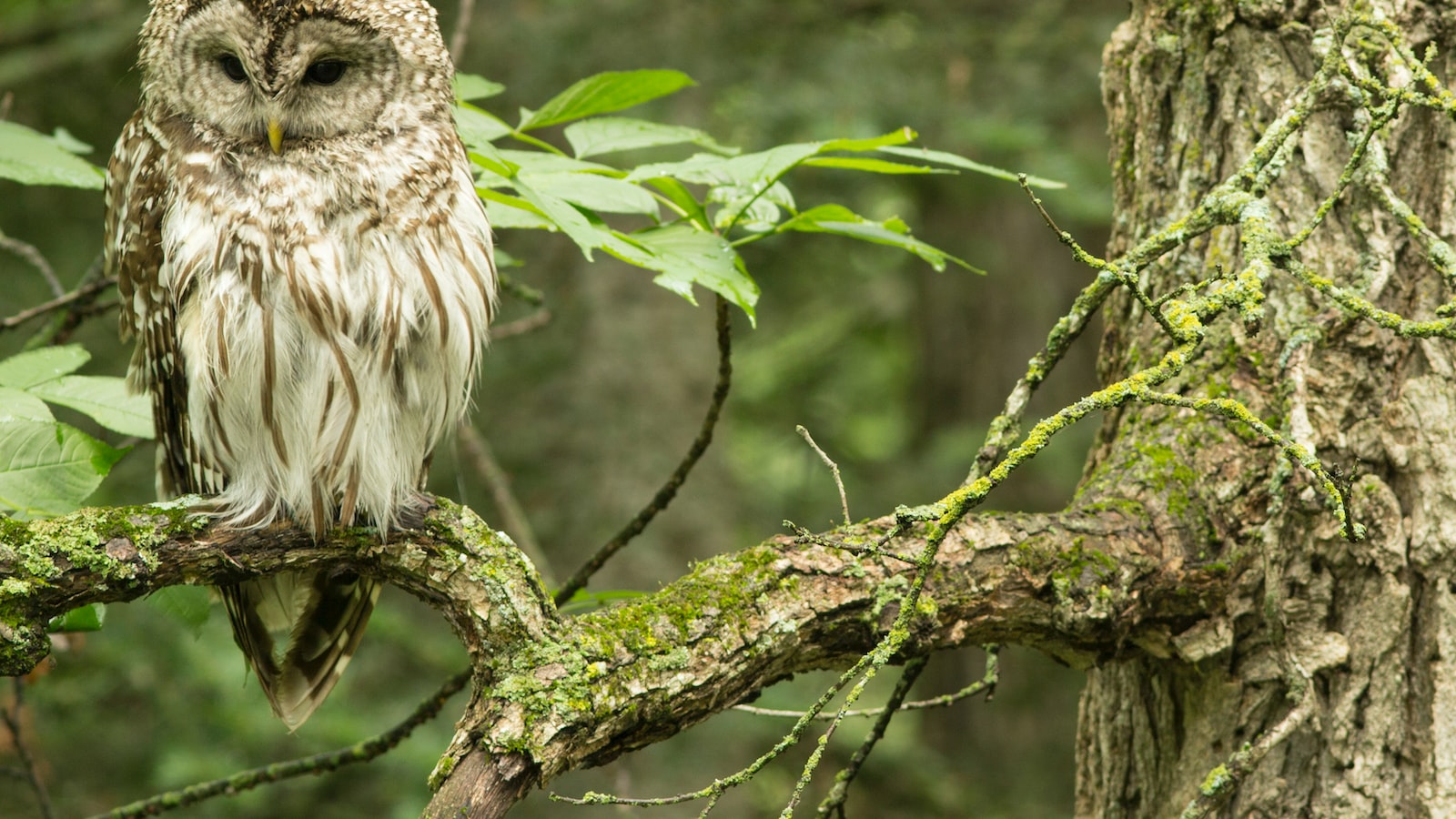Mining company Argonaut Resources is exploring its options after a Supreme Court decision to overturn its authorisation for mineral exploration on Lake Torrens in South Australia’s north.
Key points:
- The Supreme Court found that the company’s cultural protection measures were not sufficient under the Aboriginal Heritage Act
- The government says it is awaiting legal advice on the implications of the judgement
- The Aboriginal corporation that brought the action says it will turn its attention to blocking the planned Kimba nuclear waste facility
The company says the decision will jeopardise multiple projects across the state, including the new Women’s and Children’s Hospital.
The company’s subsidiary, Kelaray Pty Ltd, holds two exploration licences in the region and is targeting iron oxide copper gold (IOCG) deposits, which would have led to the drilling of more than 1,000 holes and the establishment of a campsite at the state’s second largest lake.
The authorisation for the Murdie Project was required because the site was identified as one of cultural significance for several Aboriginal nations including the Adnyamathanha, Barngarla, Kokatha and Kuyani people.
It was granted in December 2020 by then-Aboriginal affairs minister and premier Steven Marshall, who set out his expectations for heritage protections in a letter to Kelaray.
That authorisation has now been quashed in a judgement handed down yesterday by Chief Justice Chris Kourakis, effectively halting all prospective mining activity at Lake Torrens.
It found that the authorisation was inconsistent with section 20 of the Aboriginal Heritage Act because it did not provide sufficient protections for cultural artefacts that were likely to be discovered.
Under section 20, discovery of Aboriginal sites, objects or remains must be reported “as soon as practicable” to the minister.
But Chief Justice Kourakis found that Kelaray’s cultural heritage management plan did not comply with that requirement because it would consult with its own choice of experts, allowing for works to proceed before the minister was notified of any discoveries.
‘Stand up’ or be stood on: BDAC
The case was brought by the Barngarla Determination Aboriginal Corporation (BDAC).
Chair Jason Bilney hailed the decision as a win for cultural preservation.
“Ever since the horrible destruction of Juukan Gorge, we knew that if we didn’t stand up for ourselves as Barngarla people, government and industry would walk all over us,” he said.
“This just proves that when you stand up as First Nations people, you can achieve anything.
“We would like to thank our lawyers for their great work in protecting this site for our community and for all of the Barngarla who had faith that we could save Lake Torrens.”
In a statement to the Australian Stock Exchange, Argonaut Resources director Lindsay Owler said the company was seeking advice to appeal the decision.
“[This] judgement has the potential to disrupt several major South Australian construction projects with similar authorisations, including the new Women’s and Children’s Hospital project,” he said.
“The company will contact the government as a matter of urgency to ascertain its position with regards to the reissue of the Murdie authorisation.
“Initial interpretation of the judgement suggests that new development authorisations granted by the South Australian government can accommodate the issue identified by the court.”
A request for comment from Mining and Resources Minister Tom Koutsantonis was responded to by a government spokesperson.
“This is a long and complex judgement and the government is awaiting legal advice on its implications,” they said.
The Barngarla group has been simultaneously challenging the federal government’s decision to build a national nuclear waste facility near Kimba on the Eyre Peninsula.
Mr Bilney said if the group could win one judicial review, it could win both.
“Now that we have won this judicial review in the courts, we can focus all of our attention onto the other judicial review to overturn the nuclear waste dump on our country,” he said.

